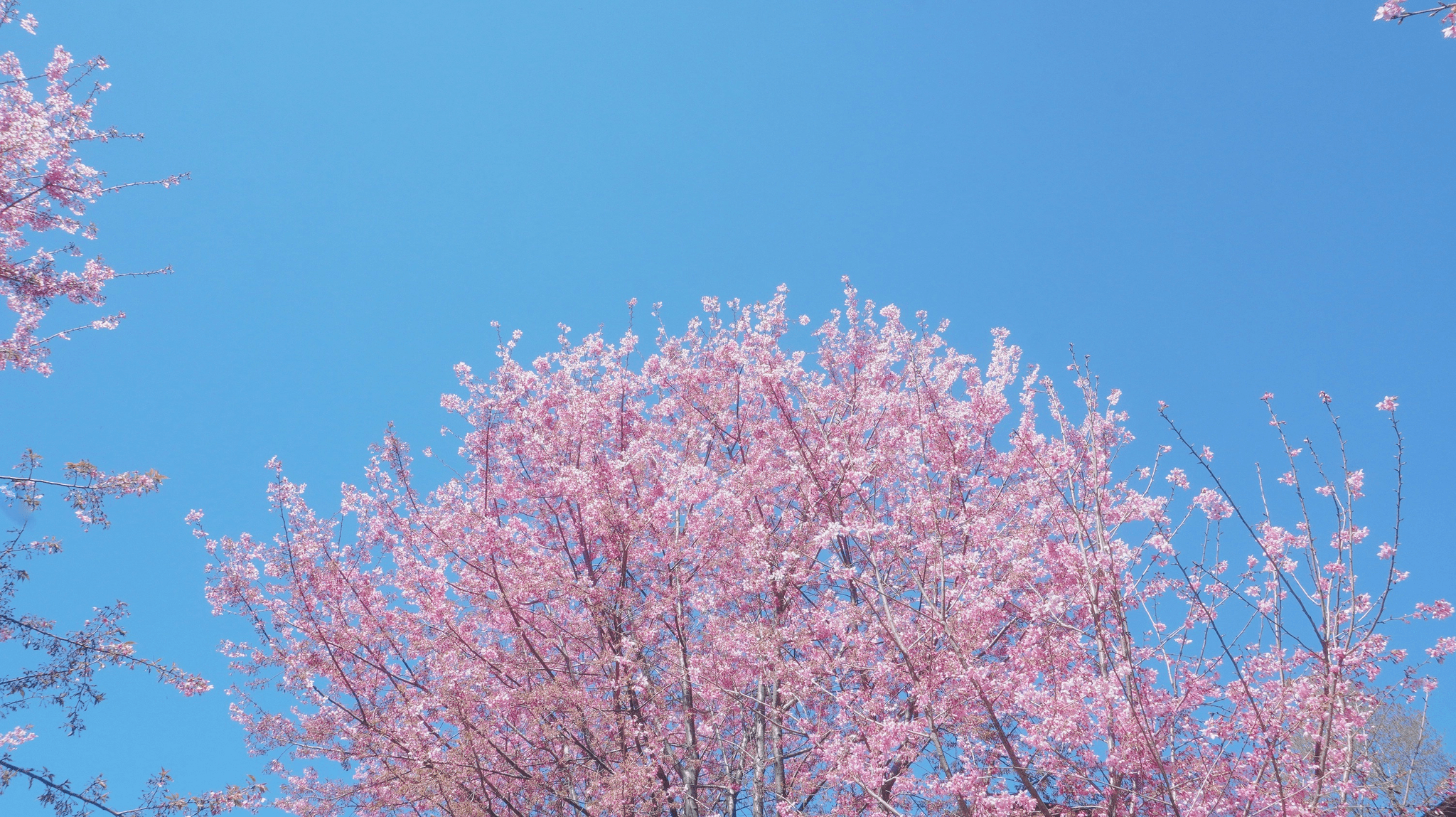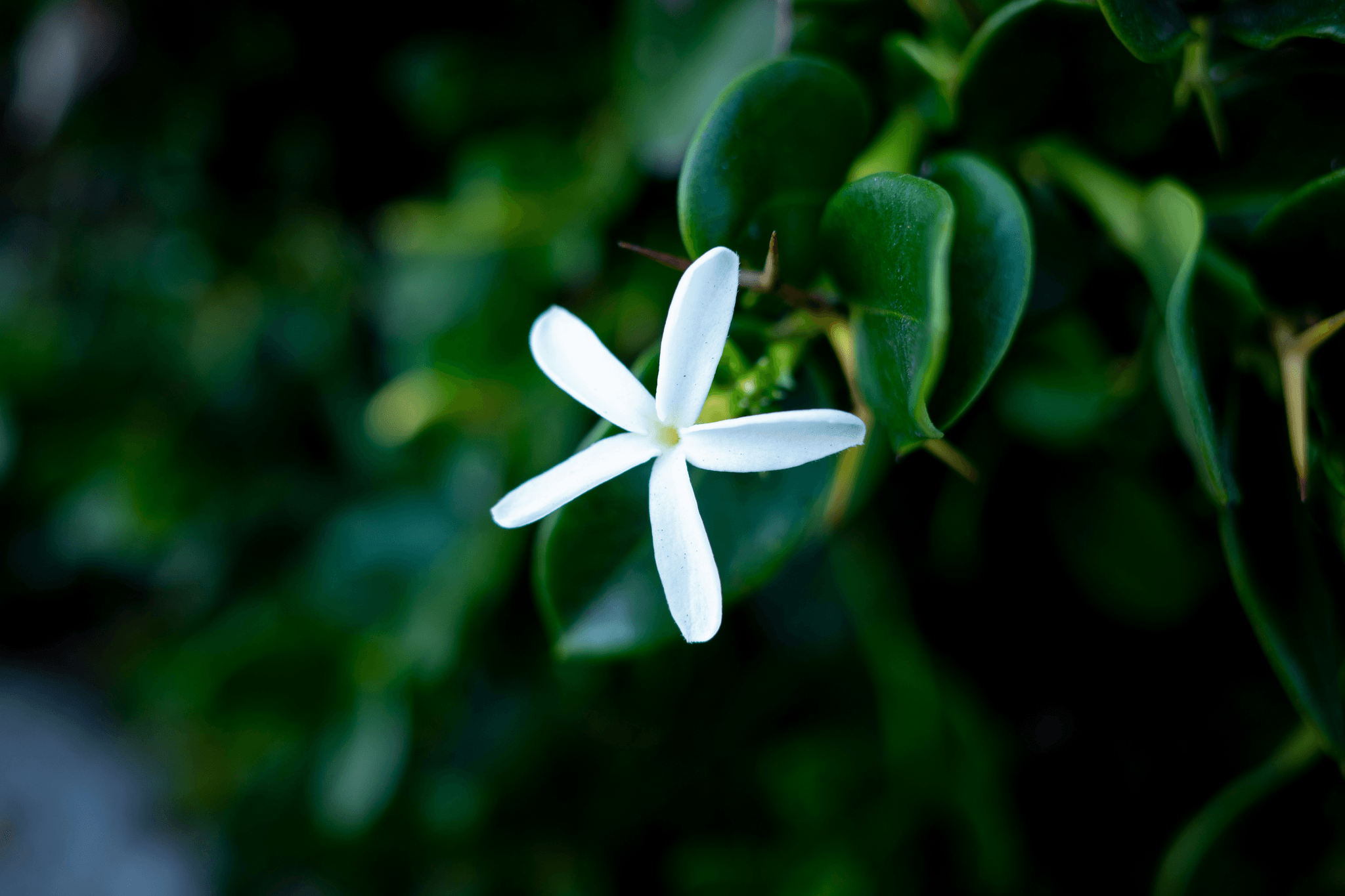Introduction

Flowers have long been associated with various emotions and sentiments, but few carry the weight of peace as profoundly as those that represent it. From the delicate petals of a white lily to the vibrant hues of a hibiscus, these blooms serve not just as decorations but as symbols of tranquility and harmony. In our quest for serenity, we often turn to nature's offerings, asking ourselves: What flower symbolizes peace?
Discovering Flowers that Represent Peace
The journey to uncover flowers that represent peace leads us through gardens filled with meaning and history. Each bloom tells a story, echoing sentiments of love and remembrance while standing as a testament to resilience and hope. As we explore these floral wonders, we learn how they can uplift our spirits and provide solace in challenging times.
Why We Cherish These Beautiful Blooms
We cherish these beautiful blooms not only for their aesthetics but also for their ability to convey messages that words sometimes fail to express. Flowers like lavender and jasmine evoke feelings of calmness, reminding us of nature's role in fostering inner peace. Additionally, many flowers symbolize peace after death, offering comfort during moments of loss and grief.
The Symbolism of Peaceful Flowers
The symbolism attached to peaceful flowers is rich and varied; they can signify love, harmony, or even rest in peace—each petal encapsulating profound emotions. For instance, roses are often seen as the ultimate flower that symbolizes peace and love, while cherry blossoms remind us of the beauty found in fleeting moments. As we delve deeper into this floral lexicon, we'll uncover which flowers resonate most with our desire for tranquility.
Rose

Roses have long been celebrated as flowers that represent peace, embodying a sense of calm and harmony that resonates deeply within cultures worldwide. Their beauty and fragrance evoke feelings of love, making them a universal symbol of affection and tranquility. When we seek to understand what flower symbolizes peace, roses often come to mind due to their rich history and emotional significance.
The Universal Symbol of Peace
The rose stands out as a powerful emblem of peace in various contexts, often used in literature and art to convey messages of love and reconciliation. With their soft petals and vibrant colors, they symbolize the delicate balance between passion and serenity. As we explore flowers that represent peace, it becomes clear that the rose holds a special place in our hearts for its ability to bridge divides through beauty.
Varieties that Represent Love and Harmony
Different varieties of roses further enhance their symbolism related to peace and love. For instance, white roses are commonly associated with purity and innocence, making them perfect for weddings or memorials—what flower means rest in peace more fittingly? Meanwhile, pink roses signify admiration and gratitude, promoting harmony among friends and family; these flowers truly encapsulate the essence of peaceful relationships.
Historical Significance in Peace Movements
Historically, roses have played pivotal roles in peace movements across the globe; they have become synonymous with hope during times of conflict. The red rose is often linked with socialist movements advocating for social justice while also representing the bloodshed endured for freedom—a poignant reminder that flowers can symbolize peace after death as well as life. Thus, when pondering what symbolizes peace and tranquility throughout history, one cannot overlook the profound impact roses have made on our collective consciousness.
White Lily

The white lily, often regarded as a flower of purity and serenity, stands out in gardens and bouquets alike. Its pristine petals symbolize not only beauty but also an inner peace that resonates deeply with those who admire it. These flowers that represent peace evoke a sense of calmness, making them a popular choice for various occasions, including weddings and memorials.
A Flower of Purity and Serenity
When we think about what symbolizes peace and tranquility, the white lily immediately comes to mind. With its elegant shape and soft fragrance, it embodies a serene presence that can uplift any space. This flower's association with purity is so strong that it has become a staple in religious ceremonies and spiritual practices around the world.
Associated with Rest in Peace
In many cultures, the white lily is intricately linked to themes of death and remembrance, often used at funerals or placed on gravesites as a symbol of rest in peace. The delicate bloom serves as a reminder that life continues beyond our earthly existence, representing hope for eternal tranquility. Thus, when pondering what flower means rest in peace, the white lily undoubtedly takes center stage among flowers that represent peace after death.
Cultural Significance Across the Globe
Across different cultures, the white lily holds significant meaning beyond just being beautiful; it symbolizes rebirth and renewal as well. In Christianity, it represents the Virgin Mary’s purity and is often featured in religious art depicting her gracefulness. Meanwhile, in Eastern cultures like Japan, this flower signifies harmony and balance—qualities essential for achieving world peace—making it no surprise that many consider it the flower of world peace.
Peace Lily

The Peace Lily, with its elegant white blooms and lush green foliage, is more than just a pretty houseplant; it’s a true symbol of peace. Known for its ability to thrive in low light and improve indoor air quality, this flower embodies serenity and tranquility. When you think about flowers that represent peace, the Peace Lily stands out as a beacon of hope and calmness.
Not Just a Name: True Peace Symbol
When pondering what flower symbolizes peace, the Peace Lily often comes to mind due to its calming presence. This flower not only graces our homes but also serves as a reminder of harmony and comfort in our lives. Its name reflects its essence; the white blooms symbolize purity and peace, making it an ideal choice for anyone looking to cultivate an atmosphere of tranquility.
Care Tips for Lasting Beauty
To ensure your Peace Lily remains a vibrant symbol of peace and tranquility in your home, proper care is essential. These flowers thrive in indirect sunlight and prefer to be watered when the top inch of soil feels dry—overwatering can lead to droopy leaves! By following these simple care tips, you can enjoy this lovely flower's beauty while reaping the benefits it brings to your space.
Bringing Tranquility into Your Home
Incorporating the Peace Lily into your living space can significantly enhance your environment's peaceful vibes. Placing this lovely bloom in areas where you seek calmness—like bedrooms or meditation corners—can create a serene atmosphere that promotes relaxation. As one of the flowers that represent peace after death, the Peace Lily also serves as a thoughtful gesture during times of loss, symbolizing hope for healing and renewal.
Cherry Blossom

Cherry blossoms, also known as sakura, are often regarded as the flowers that represent peace on a global scale. These delicate blooms symbolize not only beauty but also the fleeting nature of life, reminding us of the importance of cherishing each moment. The cherry blossom has become synonymous with world peace, making it a beloved flower across cultures.
The Flower of the World Peace
The cherry blossom is widely recognized as the flower of world peace due to its historical and cultural significance in various countries. In Japan, these blossoms are celebrated during hanami, a festival that emphasizes enjoying the beauty of nature and fostering harmony among people. This gentle flower serves as a reminder that despite differences, we can come together to appreciate life's transient beauty and share peaceful moments.
Ephemeral Beauty and Its Meaning
What symbolizes peace and tranquility better than the cherry blossom? Its ephemeral beauty speaks volumes about life's impermanence, encouraging us to find solace in the present moment. As these flowers bloom for only a short time each spring, they remind us that our lives are precious and should be filled with love—a sentiment echoed by those who seek flowers that represent peace after death.
Festivals Celebrating This Delicate Bloom
Cherry blossom festivals around the world are vibrant celebrations that honor this delicate bloom while promoting messages of unity and peace. From Washington D.C., where thousands gather under blooming trees gifted by Japan in 1912, to various festivals across Asia, these events highlight not just floral beauty but also cultural connections aimed at fostering goodwill among nations. During these festivities, attendees often reflect on what flower symbolizes peace while enjoying music, food, and community spirit—all centered around this enchanting bloom.
Lavender

Lavender is more than just a pretty face in the garden; it’s a fragrant flower that symbolizes tranquility and calmness. Known for its soothing scent, lavender has been cherished throughout history as one of the flowers that represent peace. Its delicate purple blooms evoke a sense of serenity, making it a favorite among those seeking solace in nature.
A Fragrant Flower that Symbolizes Tranquility
When pondering What flower symbolizes peace?, lavender often comes to mind due to its rich history and calming properties. This vibrant flower not only pleases the eye but also brings about an atmosphere of relaxation and comfort. As people seek out flowers that represent peace, lavender stands out for its ability to transform any space into a peaceful retreat.
Uses in Aromatherapy and Relaxation
Lavender's aromatic qualities make it a staple in aromatherapy, where it is used to promote relaxation and reduce anxiety. The essential oil derived from lavender flowers is famed for its soothing effects, often employed to alleviate stress and improve sleep quality—ideal for anyone searching for what symbolizes peace and tranquility in their lives. Whether through candles, oils, or dried sachets, incorporating lavender into your routine can help you unwind after a long day.
Connecting with Nature for Inner Peace
Incorporating lavender into your home or garden not only beautifies your surroundings but also fosters a deeper connection with nature, enhancing your quest for inner peace. Many believe that being around these lovely flowers can bring about feelings of calmness—a perfect antidote to our fast-paced lives filled with chaos. As you breathe in the sweet aroma of this flower that means rest in peace, you'll find yourself surrounded by the essence of tranquility and comfort.
Dandelion

Dandelions are often dismissed as pesky weeds, but they carry a deeper significance that resonates with many. These vibrant yellow blooms are surprisingly resilient, symbolizing hope and freedom in the face of adversity. As we explore flowers that represent peace, the dandelion stands out as a unique emblem of strength and perseverance.
The Resilient Symbol of Hope and Freedom
When you think of flowers that represent peace, the dandelion may not be the first to come to mind, yet it embodies a spirit of resilience. With its ability to thrive in various environments, this hardy flower represents hope for those facing challenges. The dandelion’s transformation from a humble seedling to a bright bloom reminds us that freedom often comes from overcoming obstacles.
Transformation from Weed to Wonder
Often labeled as just another weed, the dandelion's journey is nothing short of remarkable. What many overlook is how this flower symbolizes peace and tranquility through its unassuming beauty and functionality in nature. From its cheerful yellow petals to its fluffy seed heads that drift on the breeze, the dandelion transforms into something wondrous—showing us that even what seems ordinary can hold great significance.
A Flower that Represents Peace After Death
Interestingly, the dandelion also holds a poignant place in discussions about peace after death. Often associated with wishes made when blowing away its seeds, it serves as a reminder of loved ones who have passed on—encouraging peaceful memories and reflection on life’s fleeting moments. In cultures around the world, this flower means rest in peace for those departed while simultaneously representing new beginnings for those still here.
Forget-Me-Not

The delicate Forget-Me-Not is a flower that embodies true love and remembrance, making it a profound symbol in the realm of flowers that represent peace. With its small, vibrant blue petals and yellow centers, this flower evokes a sense of nostalgia and connection to those we hold dear. Often associated with heartfelt memories, it serves as a gentle reminder of the bonds we share with loved ones, even after they are gone.
The Flower of True Love and Remembrance
Forget-Me-Nots are often referred to as the flower of true love and remembrance due to their deep-rooted symbolism in various cultures. When someone asks, What flower symbolizes peace? the Forget-Me-Not often comes to mind for its connection to enduring affection and memory. This beautiful bloom represents not only love but also the tranquility that comes from cherishing those who have touched our lives.
Symbolizing Peaceful Memories
In addition to their romantic connotations, Forget-Me-Nots symbolize peaceful memories that linger long after a loved one has departed. These flowers serve as reminders of shared moments filled with joy and laughter—moments that can bring solace during times of grief. As people seek out what symbolizes peace and tranquility in their lives, these blooms stand out as perfect tokens for honoring cherished memories.
Stories Behind this Delicate Bloom
The stories behind Forget-Me-Nots are rich with history and emotion, adding layers to their meaning as flowers that represent peace after death. One poignant tale tells of a knight who picked these flowers for his beloved before drowning while trying to retrieve them; he called out Forget me not! as he sank beneath the waves—a testament to everlasting love even in tragedy. Such narratives remind us how these charming blooms encapsulate both sorrow and serenity, making them an ideal choice for commemorating lost loved ones.
Hibiscus

Hibiscus flowers are not just a feast for the eyes; they embody tropical charm and peaceful vibes that can instantly lift your spirits. With their large, colorful blooms, they symbolize serenity and beauty, making them one of the most cherished flowers that represent peace. Their vibrant presence in gardens and landscapes serves as a reminder to embrace tranquility and joy in our lives.
Tropical Charm and Peaceful Vibes
Often found in warm climates, hibiscus flowers radiate a sense of calmness that resonates with anyone who encounters them. The gentle sway of their petals in the breeze evokes feelings of relaxation, making them an ideal choice for those seeking symbols of peace and tranquility. It’s no wonder that many people ask, What flower symbolizes peace?—the hibiscus stands out as a top contender.
Cultural Significance in Various Regions
Across cultures, hibiscus carries significant meanings tied to peace and love. In Hawaiian culture, for instance, the flower is often used to make leis and is seen as a symbol of hospitality and warmth. Additionally, many regions celebrate hibiscus during festivals that honor nature’s beauty while promoting messages of unity—truly making it the flower of world peace.
Colors and Their Meanings
The colors of hibiscus can convey different emotions and messages; each hue tells its own story about what symbolizes peace and tranquility. For example, red hibiscus represents love and passion while yellow signifies happiness—both essential components of inner peace. When considering flowers that represent peace after death or those signifying rest in peace, white hibiscus emerges as a poignant choice due to its association with purity.
Jasmine

Jasmine is not just a flower; it's a fragrant embodiment of love and serenity that has captured hearts across cultures and continents. Renowned for its delicate white blossoms, jasmine is often associated with romantic gestures, making it a popular choice in bouquets that symbolize peace and love. Its sweet scent has the power to evoke feelings of calmness, reminding us how certain flowers can represent peace in our lives.
A Fragrant Flower that Embodies Love
When considering flowers that represent peace, jasmine stands out as a symbol of affection and devotion. The enchanting aroma of jasmine has been linked to love stories throughout history, making it an ideal choice for lovers seeking to express their deepest emotions. This flower's soft petals and captivating fragrance make it a perfect representation of what symbolizes peace and tranquility in relationships.
Associations with Calmness and Peace
Jasmine is often celebrated for its calming properties, which contribute to its reputation as a flower that symbolizes peace. Its soothing scent is frequently used in aromatherapy practices to promote relaxation and reduce stress levels. Whether enjoyed through essential oils or simply inhaled from freshly picked blooms, jasmine serves as a gentle reminder of inner peace amidst the chaos of life.
The Role of Jasmine in Different Cultures
Across various cultures, jasmine holds significant meaning beyond just being an aromatic bloom; it plays an integral role in traditions around the world. In many Asian countries, jasmine is considered sacred and often used in religious ceremonies or festivals celebrating love and purity. From weddings to memorials, this beloved flower signifies both joy and remembrance—making it one of the most versatile flowers that represent peace after death.
Conclusion

In a world often filled with chaos, the flowers that represent peace serve as gentle reminders of serenity and hope. Each bloom carries its own unique symbolism, inviting us to pause and reflect on the beauty around us. Whether it’s the calming lavender or the delicate cherry blossom, these flowers resonate deeply with our desire for tranquility.
Embracing the Symbolism of Peaceful Flowers
What flower symbolizes peace? The answer is varied, as many blooms encapsulate this profound sentiment. From the elegant white lily, which means rest in peace, to the vibrant hibiscus that radiates joyful energy, each flower tells a story of love and harmony. By embracing these flowers that represent peace, we cultivate an environment where compassion and understanding can flourish.
The Impact of Flowers on Our Well-Being
Flowers have an undeniable impact on our well-being; they uplift our spirits and soothe our minds. When surrounded by nature’s beauty, we often find ourselves more at ease and connected to our surroundings. The flower that symbolizes peace and tranquility not only brightens a room but also enhances emotional health by fostering a sense of calmness in our daily lives.
How EVERBEFLORAL Connects You with Nature
At EVERBEFLORAL, we believe in bridging the gap between nature's beauty and your everyday life through carefully curated floral selections. Our mission is to help you discover flowers that represent peace while bringing joy into your home or gifting them to loved ones. With each bloom you choose from us, you embrace a piece of nature's tranquility—whether it symbolizes love or serves as a reminder of peaceful memories.
